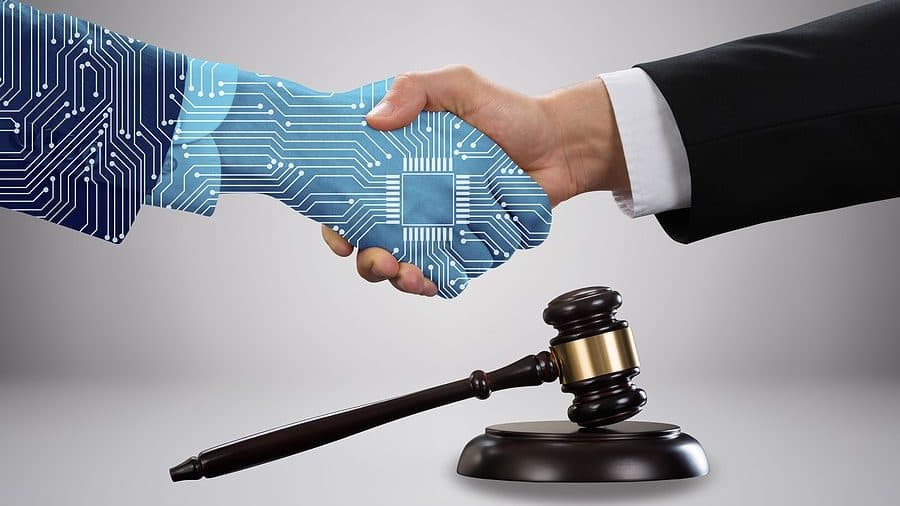I know I’ve made some very poor decisions recently, but I can give you my complete assurance that my work will be back to normal. – HAL 9000, 2001: A Space Odyssey
Artificial intelligence has revolutionized numerous industries, and its influence on employee hiring processes is no exception. The integration of AI technologies, such as automated resume screening, has promised increased efficiency and improved decision-making.
However, the rapid adoption of AI in hiring practices also raises significant risks that employers and recruiters need to consider carefully and address.
1. Bias and Discrimination
The biggest risk inherent with the use of AI in hiring is the perpetuation and amplification of biases and discrimination. AI algorithms learn from existing data. If that existing data is biased or reflects systemic or otherwise existing inequalities, AI systems can inadvertently reinforce those biases. This risks perpetuating unfair advantages for already privileged groups, as well as further marginalizing those already facing historic societal challenges. It is crucial to consider the broader social impact of AI systems and actively mitigate biases to promote fairness and equality.
2. Lack of Transparency
AI-powered hiring processes often rely on complex algorithms that can be challenging to understand or interpret. Lack of transparency in decision-making poses a significant risk as candidates may be unfairly rejected without clear justifications. Transparency is crucial for ensuring accountability and giving candidates the opportunity to address any potential inaccuracies or biases in their evaluations.
3. Limited Contextual Understanding
While proficient in analyzing large amounts of data, AI may struggle with understanding nuanced human attributes and context. Resumes and applications can provide valuable information, but they may not capture the full extent of an individual’s capabilities, potential, or cultural fit within an organization. Relying solely on AI in evaluating candidates may lead to overlooking exceptional talents or dismissing candidates who could contribute significantly to the company’s success.
4. Unintentional Gaming of the System
As with any technology, there is a risk of people finding ways to exploit AI algorithms in the hiring process. Applicants may attempt to manipulate their resumes or online profiles to align better with the characteristics the AI system favors, rather than accurately reflecting their skills and qualifications. This could lead to a distortion of the hiring outcomes and the selection of candidates who may not be the best fit for the job.
5. Privacy and Data Security
Employing AI in hiring requires the collection and processing of large volumes of personal data. Safeguarding this data is paramount to protect candidates’ privacy and prevent misuse or unauthorized access. Organizations must establish robust security measures and adhere to data protection regulations to ensure that sensitive candidate information remains secure throughout the hiring process.
Ultimately, human oversight should always be at the forefront when employing AI in hiring. Organizations must proceed with caution, actively addressing bias in training data, incorporating human judgment and contextual understanding, and actively promoting diversity and inclusion. By striking a balance between efficiency and fairness, businesses can leverage the benefits of AI while ensuring that the hiring process remains equitable, transparent, and capable of attracting a diverse pool of talented candidates.
